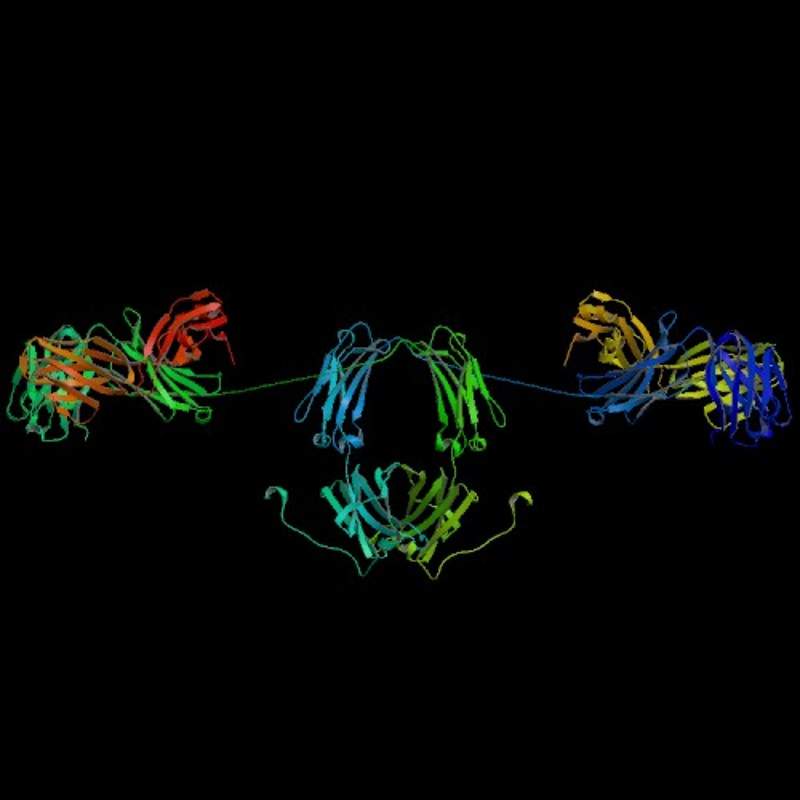

Researchers from the University of Birmingham, UK, have revealed that testing antibody levels in saliva may offer a new way to check immunity to protect against bacterial infections.

Discover B2B Marketing That Performs
Combine business intelligence and editorial excellence to reach engaged professionals across 36 leading media platforms.
The researchers found that antibody concentrations in saliva are linked to those in blood serum
During the study, the researchers collected samples of both blood and saliva from 72 healthy adults.
The samples were analysed to test for concentrations of IgG, IgM and IgA antibodies against 12 pneumococcal (Pn) antigens.
It was found that higher antibody concentrations in serum, in general, were associated with higher concentrations in saliva, and the strongest relationships were observed for IgA antibodies.

US Tariffs are shifting - will you react or anticipate?
Don’t let policy changes catch you off guard. Stay proactive with real-time data and expert analysis.
By GlobalDataUniversity of Birmingham School of Immunity and Infection lead author Dr Jennifer Heaney said: “Protection against bacterial infection is usually inferred by measuring antibody levels in blood serum. But taking blood samples involves a number of logistical considerations and may not always be feasible, especially in developing countries or where children are involved.
“The suggestion that antibody levels in saliva may be indicative of those in serum therefore has important implications for markers of immunity and vaccination in many parts of the world.”
Following the research, it was found that further studies need to be carried out to investigate the potential of saliva testing as a tool to assess immunity.
These preliminary results suggest that measuring antibodies in saliva may have promise in future epidemiological studies that relate to vaccination against bacterial infections.
The university’s previous research showed that lower levels of antibodies in saliva are associated with an elevated risk of mortality.
Image: Immunoglobulin A (IgA) is an antibody that plays a critical role in immune function in the mucous membranes. Photo: courtesy of Tukan at Polish Wikipedia.




